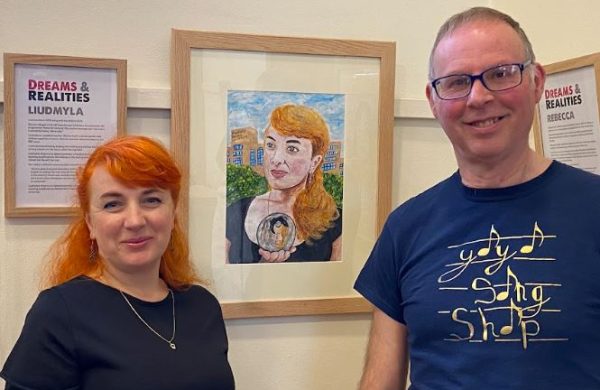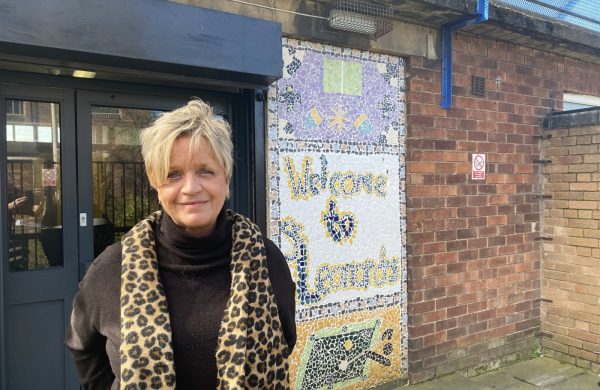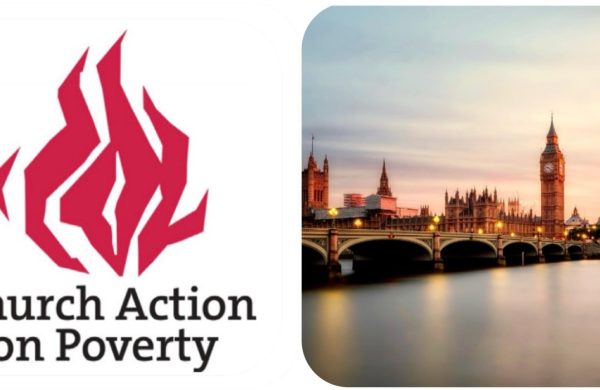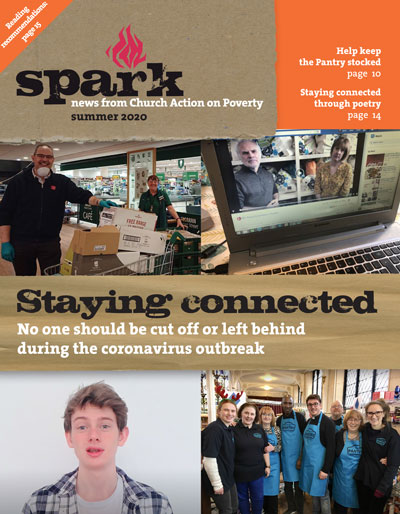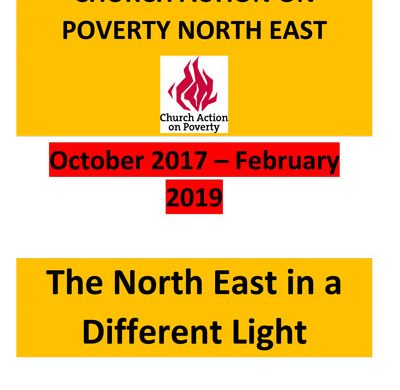Solidarity and sacrifice
Reflections from our 9 April online discussions on what it means to be church on the margins during the pandemic.
Opening reflection by Deirdre Brower Latz
The Church needs to change after Coronavirus
- The church needs to be called to account and radically share its resources
- Churches need to be transformed/reimagined/ authentic – not carry on as before
- Some churches are not involved in the crisis response / how are affluent areas responding?
- New collaborations and alliances should be maintained
Solidarity
- Many people are not online, some churches have been delivering resources to people to keep in touch
- Inequalities have been exposed
- ‘God is showing us new things from the perspective of the last and the least.’
- Lack of understanding among decision-makers
- Helping at the uber local level
- Chatting to people in the foodbank queue / checking in with people
- Increase in volunteering / kindness
- Communities are coming together
Sacrifice
- It’s an inconvenience for some, not a sacrifice
- Giving up small foodbank, letting bigger one take over to make sure resources reach people
- Being separated from people and the church building
- Domestic violence / conflicts at home
- Feeling / being powerless
Learning from others
- What can we learn from people who were marginalised before? E.g. some people with autism do not like touch / prefer social distance. What can we learn from this?
Holy Week and Easter
- Solidarity of Jesus / turning the tables
- Foot washing / caring / nursing / healing / self-care
- Receiving, not giving (is ok) – gratitude
- Sadness and joy in Easter
Reaching people
- Some people have no way of communicating at the moment, no phone or internet
- Reaching people who are homeless ?
Voice
- Importance of speaking to society / government about how people are being affected – people to speak out
- Disability activism
- Society has to change
Reimagining
- Solidarity and sacrifice as counter- infections (fighting the virus)

Research and Information Officer
A new partnership to support communities
Church Action on Poverty has entered a major new partnership with Co-op which will help improve household finances, whilst bringing people together around food.
Letter to the Prime Minister: more cost of living support is urgently needed
On 21 September 2022, Church Action on Poverty and over 50 other faith, charity and organisational leaders signed an open letter to the Prime Minister, …
Church Action on Poverty 40th Anniversary Pilgrimage and Conference in Sheffield
The growing cost of living crisis and poverty in Sheffield will be put under the spotlight when Church Action on Poverty’s local group stages a …
Cost of living crisis: is compassion enough?
The 2022 Annual General Meeting of our local group in North East England Thursday 20 October 5.30pm(Registration & refreshments from 5pm) St Joseph’s Centre, High …
Politics, self and drama in our responses to scripture
Chris Hughes, a Catholic priest and member of Church Action on Poverty North East, explores how the parable of the Good Samaritan can suggest different …
Dignity, Agency, Power: review by John Vincent
“The standard reference book for progressive Christians for the 2020s”
Monica: Why I keep standing up and speaking up
Each year, the Dignity, Agency, Power calendar tells stories of people who bring those values to life. This page features Monica Gregory. Monica works with …
Dreams & Realities: welcome to an incredible exhibition
Learn the story of Dreams & Realities, and the stories behind it Previous Next A powerful new art exhibition has …
Building hopes and dreams in Bootle
“What drives me is people and community. I am passionate about equality and want to see that here in Linacre …
This outrageous, counter-productive Budget marginalises people with least
This is Church Action on Poverty’s statement on the 2024 Budget. It includes the views of our expert advisors with …

